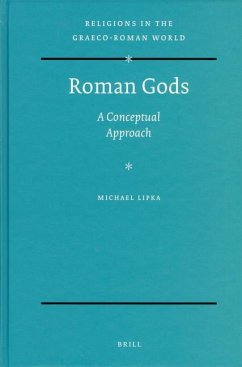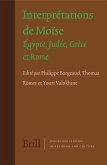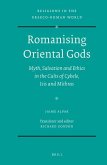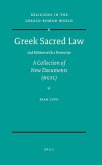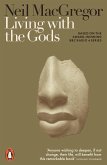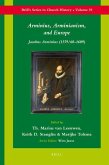The book is concerned with the question of how the concept of "god" in urban Rome can be analyzed along the lines of six constituent concepts, i.e. space, time, personnel, function, iconography and ritual. While older publications tended to focus on the conceptual nature of Roman gods only in those (comparatively rare) instances in which different concepts patently overlapped (as in the case of the deified emperor or hero-worship), this book develops general criteria for an analysis of pagan, Jewish and Christian concepts of gods in ancient Rome (and by extension elsewhere). While the argument of the book is exclusively based on the evidence from the capital up to the age of Constantine, in the concluding section the results are compared to other religious belief systems, thus demonstrating the general applicability of this conceptual approach.
Hinweis: Dieser Artikel kann nur an eine deutsche Lieferadresse ausgeliefert werden.
Hinweis: Dieser Artikel kann nur an eine deutsche Lieferadresse ausgeliefert werden.

